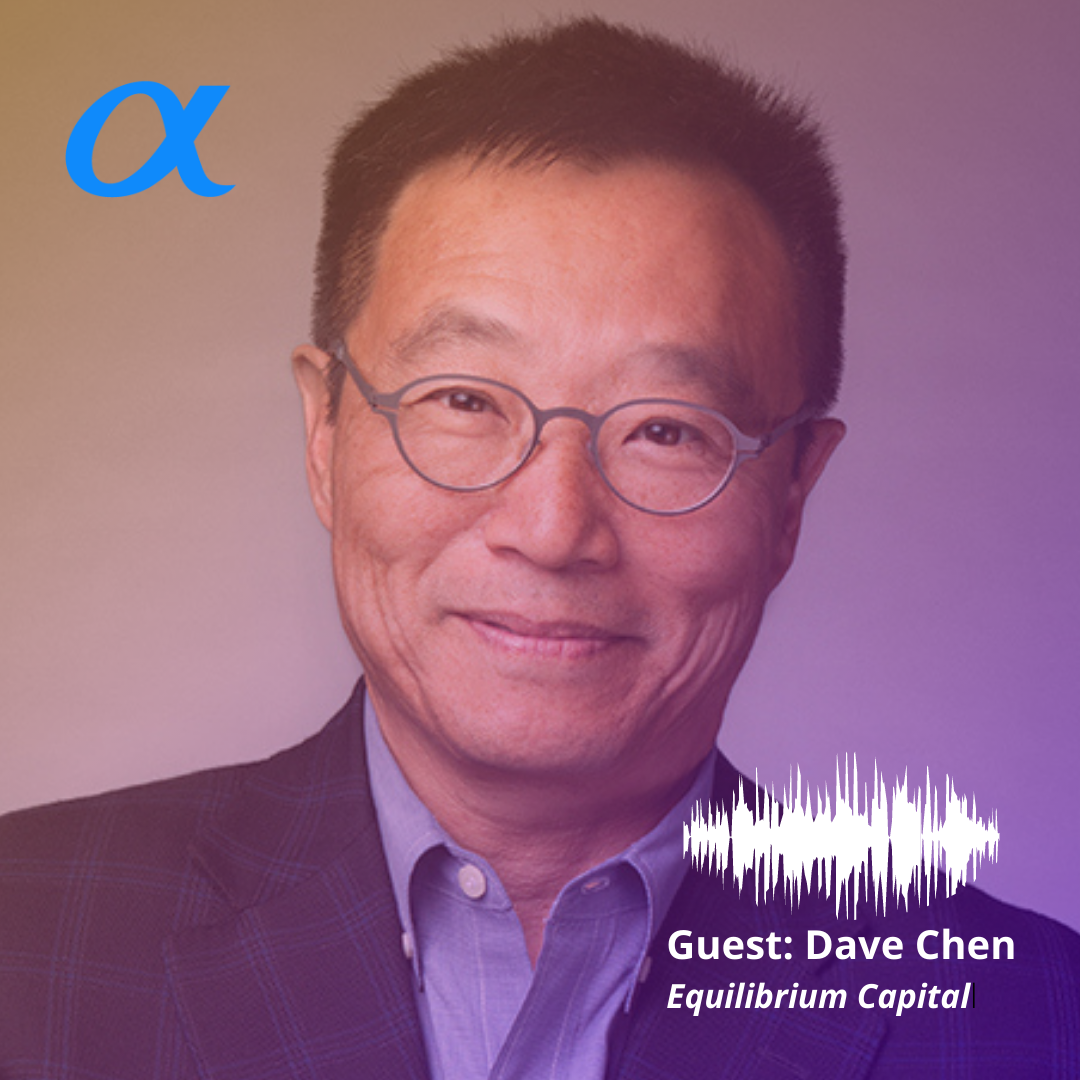Getting to net-zero greenhouse gas emissions is going to mean a deep re-engineering of every industry, every corporation, every community, Equilibrium Capital’s Dave Chen said on ImpactAlpha’s Agents of Impact podcast.
“How would you like to graduate today, at the top of your class, in mechanical engineering or in thermodynamics, focused on blowing up gasoline within a cylinder? Hmmm,” Chen said in our annual conversation about sustainability trends to watch for the year ahead.
“Everyone likes to believe that there’s a magic moment in time when everybody gets it,” he said “The reality is that about 10, or 15, or 20% of the companies or individuals get it, and they run ahead, and they take it.”
Portland-based Equilibrium is an investment manager of sustainable real assets, including greenhouse farms and biogas digesters. Chen has focused the firm on institutional-grade investments and has attracted capital from global pension and sovereign wealth funds. Some of the trends we discussed:
Impact accounting gets real
Banking regulators are increasingly taking climate seriously as a financial risk. At the same time, sustainability metrics have begun to converge around a set of standardized, comparable frameworks. The Sustainable Accounting Standards Board, or SASB, has merged into the Values Reporting Foundation, headed by Janine Guillot, a member of Equilibrium’s board of directors. That, in turn, has been combined into the International Sustainability Standards Board, run by the same nonprofit body that sets global accounting standards.
“It will make that set of data now a call to an auditable, legally attributable function,” Chen said. “It’s a massive step forward.”
Benefits corporations go mainstream
The new corporate form, now available in more than three dozen states, lets companies codify their social purpose and commitments to employees, communities and other stakeholders, in addition to shareholders.
“You’re going to see public companies, global companies, the Global 500-type companies, starting to sincerely debate the benefit corporation laws,” Chen said, and roll back the doctrine of ‘shareholder supremacy,’ often credited to the economist Milton Friedman.
At least a dozen public-benefit corporations have gone public in the last couple years, either via initial public offerings or through mergers or conversions. Public-benefit IPOs include Vital Farms, Lemonade Insurance and Coursera.
Rising price of carbon
Carbon and other ‘environmental services’ are going to become commodities, and follow the supply-demand curve to increasing value. The demand for carbon credits and offsets already is exceeding the supply of high-quality credits from nature-based or agricultural solutions. Carbon exchanges will play a role, but Chen sees the emergence of billion-dollar direct carbon purchases by corporations trying to meet their net-zero commitments.
“They’re not going to the open market in the merchant market. They’re going to contract for it,” he said. “You’re going to see the big activity in carbon being point-to-point trades.”
Equilibrium, a major producer of renewable natural gas with biodigesters that process dairy-farm and other waste, is generating revenues of about $25 million a year with credits under California’s Low-Carbon Fuel Standards and federal renewable fuel standards. Chen earlier told ImpactAlpha that every $5 in sales of gas may bring in environmental credits of $80. “The charts are remarkable,” he said on the podcast.
Credits where credits are due
“We have our institutional investors asking us questions like, ‘Hey, if my capital created the opportunity for you to create this carbon credit, how do I get credit for doing that?’” Chen said.
One application of the kind of distributed ledgers that can be built on blockchain, he says, “is to take a single unreviewable carbon credit and then attach to it various attributes: the capital that fostered it, the intermediary that created it, and then the ultimate consumer or the holder of the credit – the various entities that legitimately had a hand or a value-add on the way to the ultimate creation of the credit.”
Changing of the guard
The mainstreaming of impact and sustainable investing may mean that pioneers of the field don’t get to the Promised Land, Chen says.
“Many of the folks that were the leaders of the quote-unquote, impact investing period are not going to be the ones that cross the chasm,” he said. “It’s an altogether different conversation. The vocabulary is different. The demographics of the applications, the demographics of the investors, are shifting.”
At the same time, conservation groups and other non-governmental organizations have an important role in catalyzing new approaches and new markets. “And as markets become increasingly institutionalized or mainstream, they should let other forms of capital that potentially are better suited to that, take that and scale it,” he said. “I think that the successful NGOs will be the ones that understand that concept.”
Catch up on all of ImpactAlpha’s podcasts, including Agents of Impact, the weekly Impact Briefing and The Reconstruction.











